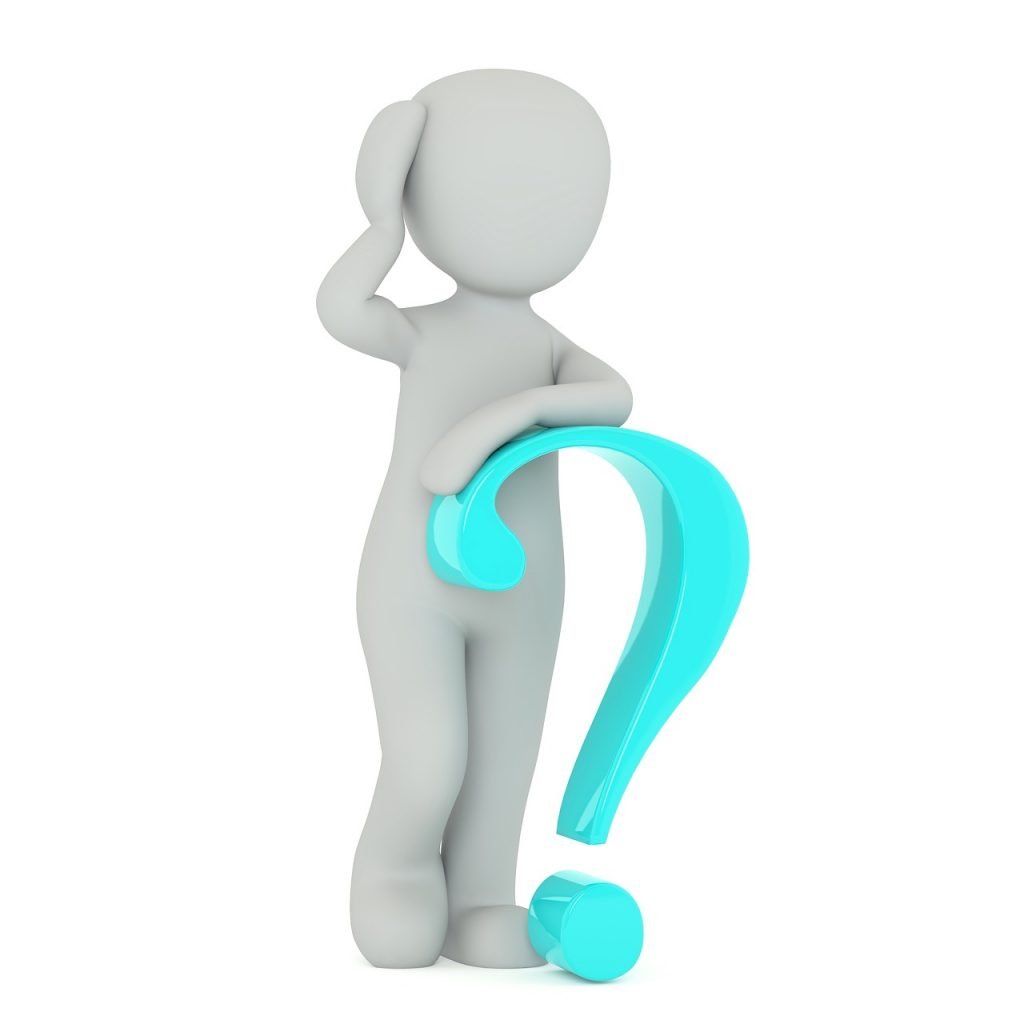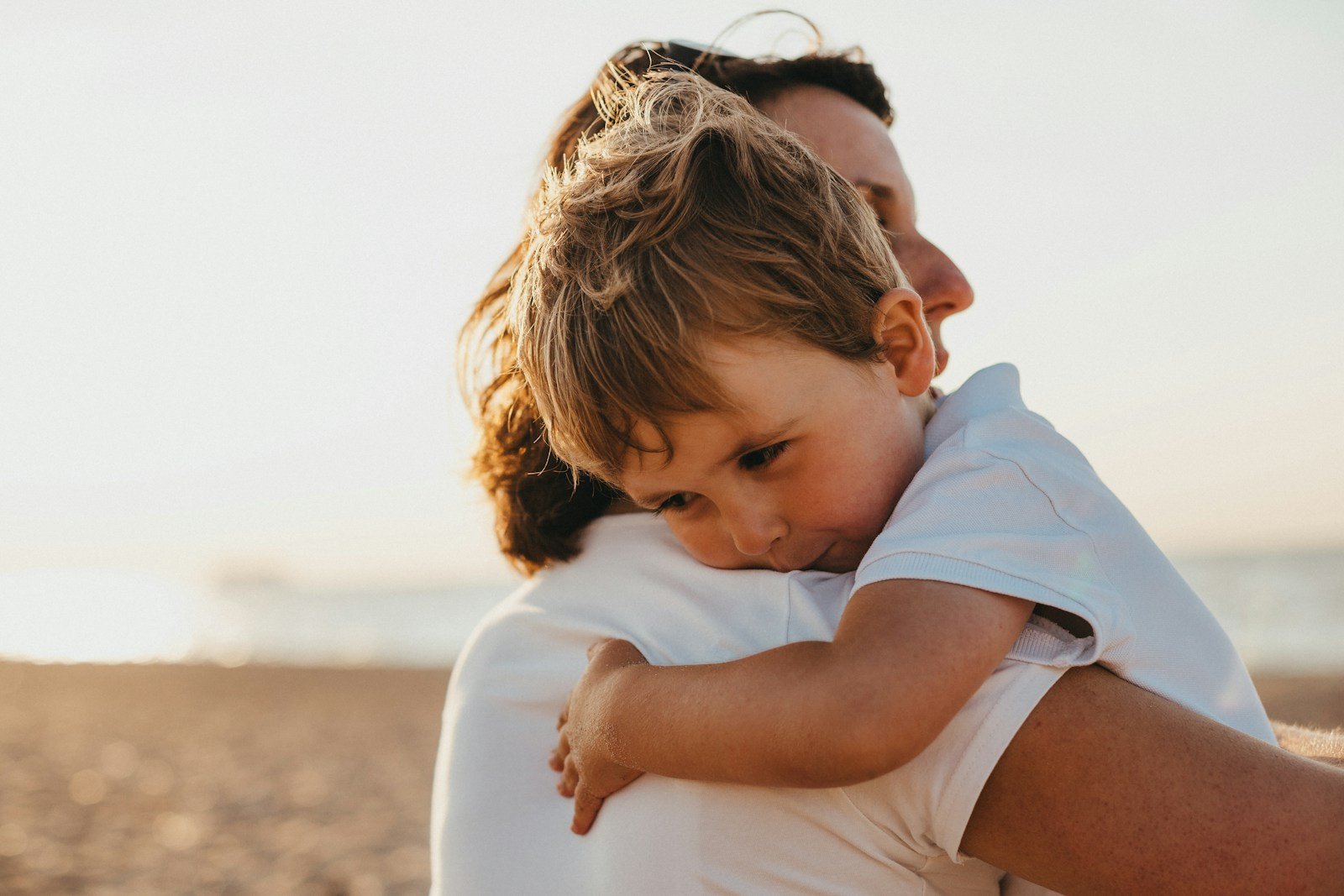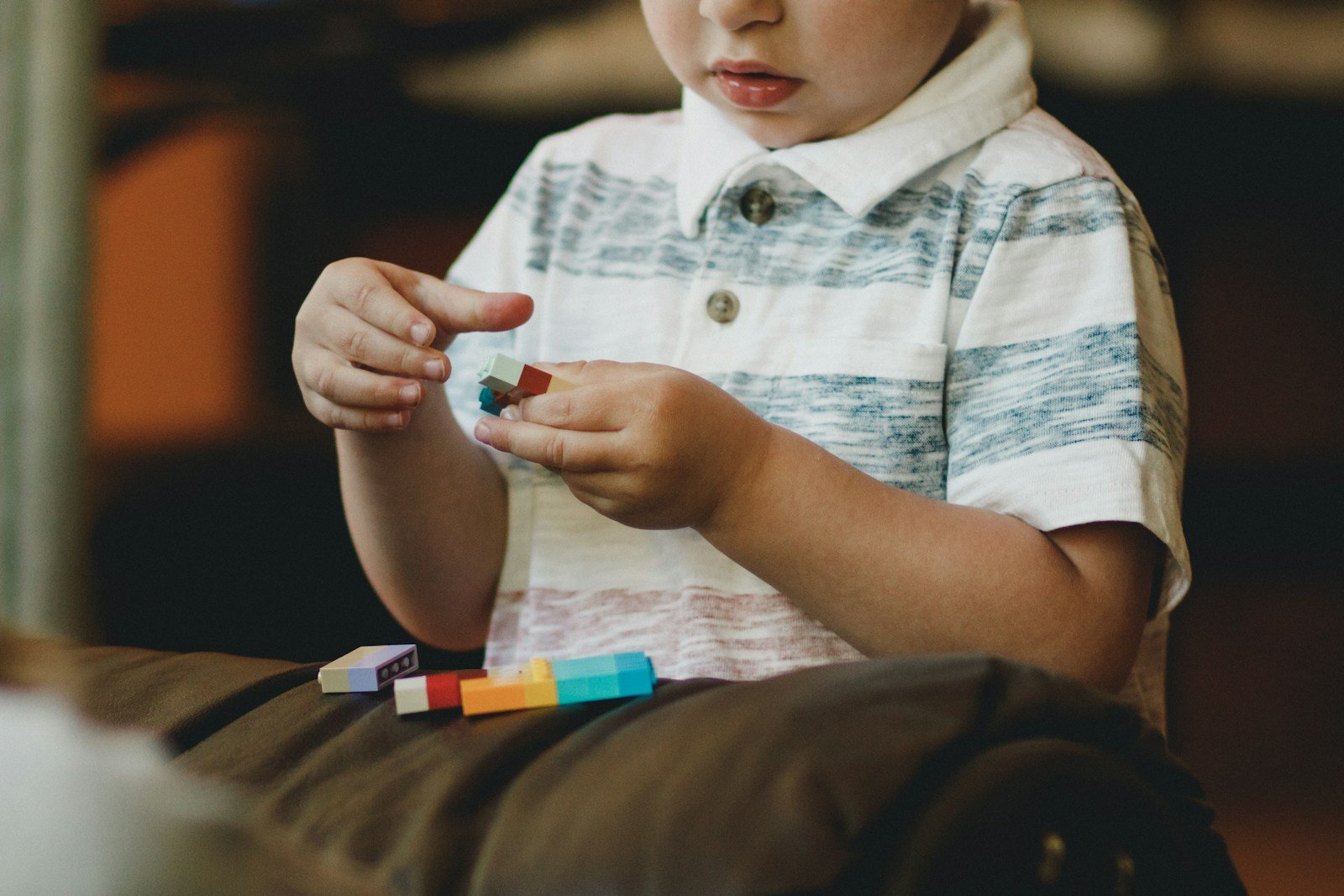Children are experiencing the world for the first time. All their reactions are extreme because they’ve never experienced that situation before. Look at when you first experienced rejection.
Did your parents say no when you asked for more ice cream? Did they not buy you the toy you wanted at the supermarket? How did you react? Some individuals cry, some get angry, others get sad.
The question lies in what behaviors or circumstances are more than just a child’s tantrum.What qualifies or what doesn’t qualify as ‘normal behavior?’
You can start seeing symptoms of behavioral problems–or child mental delay–throughout the child’s entire development. There is no specific point in a child’s growth where he/she may develop a behavioral problem. Because of this there are some warning signs to look for throughout their growth.
Warning Signs of Mental Illness
Children are in a stage of constant learning. You must keep that in mind when determining if they have any underlying mental illness. Depending on their age, they will showcase their struggles differently. It is important to keep in mind developmental milestones.
For example, children should speak their first word by the time they are 10-14 months old. If you notice that this is a milestone they have not reached, there may be no need to worry. So long as he/she is making gestures and appears to be listening to you. A concerning behavior would come in if the baby is not understanding simple words–such as no–by the time he/she is 15 months.
Below you’ll find a list of the general warning signs that could suggest that your child may have an underlying behavioral problem:
Severe mood changes
Isolation
Poor impulse control
Dishonesty
Stealing
Self-harm (head-banging, repeated biting, etc.)
Persistent Disobedience
Struggle sleeping
Aggression
This list pertains to all children/individuals (no matter the age).
If your child is experiencing any of these, consult his/her doctor. Describe the behavior you are worried about. Talk to the people closest to the family; the child’s teacher, friends, and relatives. See if they’ve noticed the concerning behavior. Early intervention can lead to more independence.
Having an open communicative relationship with the health professionals in your child’s life is important. They can help you assess the problems when they arise.
Let’s say that your child has poor impulse control. He is making progress with the treatment, but one day he sees a set back and returns to his/her old habits. If you have an open network of communication with all the people in your child’s life, it will be easier to pinpoint why the setback occurred.

What Is a Mental Illness?
There is much discussion on the definition of the word mental illness. Someone can show mild to moderate symptoms of a mental disability or they can showcase a more extensive/progressive disability. This range associates the term with extreme viewpoints.
It’s important to establish that many disorders fall within the category. Thus the term mental illness simply refers to any condition that negatively affects the way an individual behaves, feels, or thinks.
There are hundreds of mental disorders, including Anxiety Disorders, Depressive Disorders, Neurodevelopmental Disorder (Autism, ADHD), Oppositional Defiant Disorder, Eating Disorders, Obsessive-Compulsive Disorders, etc. Seeking out medical help for any of them is important for establishing a healthy lifestyle.
What Can I do If I Believe My Child Has A Mental Illness?
It may seem overwhelming at first, but the key to a correct diagnosis is communication. Speak with your primary physician; that is your first step.
Your doctor will request a neurological examination. From there, he/she will determine if the behavior requires further analysis by a specialist. Keep in mind that, depending on the diagnosis, you will have to seek different help/psychotherapies. Some include:
- Behavioral therapy: This kind of treatment is aimed at helping patients overcome behavioral obstacles.
- Speech therapy: Assessment and Treatment that helps individuals overcome speech or language impairments.
- Physical therapy: Treatment focuses on improving motor skills, balance, coordination, strength, endurance, and cognitive processing.
- Occupational Therapy: Help individuals develop and improve daily living skills
Accepting that your child will struggle more than most is hard to understand. But seeking help, sooner rather than later, increases the likelihood of your child reaching a stage of independence.
Not all children with mental discapacities will reach a level in which they will be able to live on their own. The scale of the disability and the type of developmental delay can highly affect the outcome of a behavioral therapists aid.
Keep in mind that medical professionals are here to help you. We want you, your child, and anyone in the child’s life to live a happy life. With team effort and communication, you will start to see improvements in how your child interacts with others and how they react to environmental stimuli.
For more information on who a behavioral analyst is and how they work click on the link below.







1 thought on “When Do You Start Seeing Symptoms Of Behavioral Problems?”
Thanks for your blog, nice to read. Do not stop.